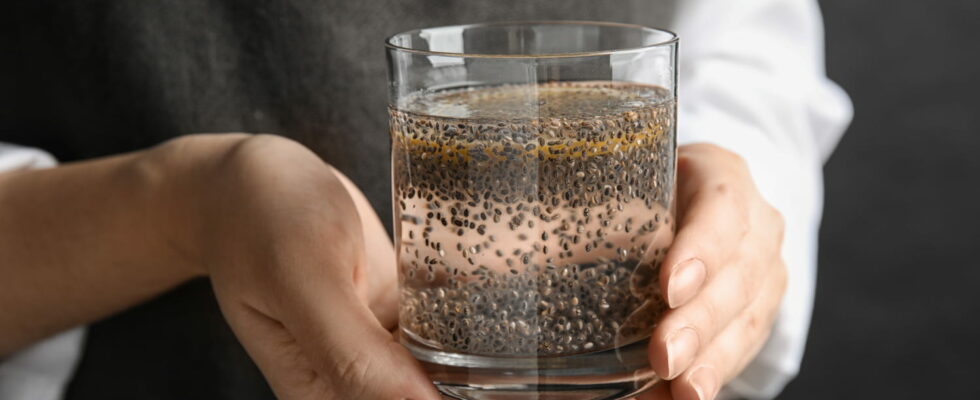She captures bad cholesterol to eliminate it.
Many people have cholesterol without always knowing what it is really. Cholesterol is a lipid body (fat) produced by the liver and essential to the proper functioning of the body. In excess, it can become dangerous for health. “We can distinguish” good “cholesterol (HDL), which helps to eliminate excess cholesterol in the blood, and” bad “cholesterol (LDL), responsible for deposits in the arteries, Alice Hantz explains to us, dietician (@manga_ta_sante). An unsuitable diet, stress and lack of physical activity can worsen this balance. “ Fortunately, a natural and effective solution exists to regulate it.
These are soluble fibers. This is the key to say goodbye to bad cholesterol (LDL), according to our interlocutor. “These fibers act as a sponge in the intestine. They capture cholesterol to eliminate it, preventing that it does not join blood. In addition, they promote the elimination of bile acids (made from cholesterol), forcing the liver to use more cholesterol present in the blood to produce new ones. “
A consumption of 25 to 30 grams per day of soluble fibers is ideal for observing results in 1 month. These fibers are present in easy foods to integrate daily: cereals (oats, barley), fruits (apples, citrus, berries), legumes (lentils, chickpeas, beans), seeds (linen or chia which also offer omega- 3). “We also find it in psyllium, which comes from plantain seeds. You can consume it in the form of powder, mixed with water or smoothies.”
To consume more soluble fibers, eat for breakfast a porridge made from oatmeal, embellished with fresh fruit (apples, berries) or add a spoon of chia seeds in a yogurt or a smoothie. At lunch or dinner, integrate legumes such as lenses or chickpeas with salads or soups and serve vegetables rich in fiber like broccoli or carrots as an accompaniment. In snack, crunch in an apple or citrus.
In addition to a food-rich diet, omega-3 fatty acids play a protective role for the cardiovascular system. They are in fatty fish (salmon, mackerel, sardines), seeds and nuts (linen, chia) and vegetable oils (rapeseed, nuts). Finally, the sterols and stanols, present in margarines, yogurts and enriched juices, can partially block the absorption of cholesterol in the intestine. “A daily consumption of 1.5 to 2.4 g can reduce LDL from 7 to 10 % in a few weeks”, Observe the therapist. It is also important to adopt regular physical activity and limit saturated fats.
